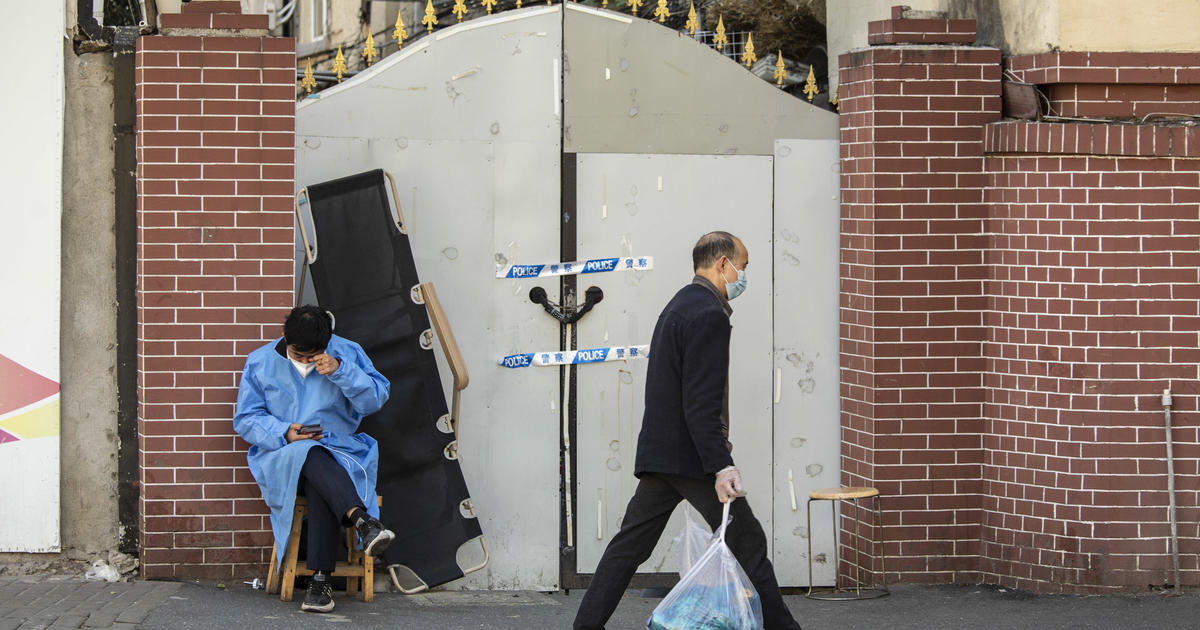
China refuses to ease draconian "zero-COVID" policy despite rising cases and human and economic pain
CBSN
Beijing — Rumors that China might loosen its strict "zero-COVID" policy pushed up stock markets in China and brought a little hope that life in the country might return to something resembling normal late last week. By Monday morning, however, investors were once again grappling with the reality that China's enormous economic engine could remain in a lower gear for weeks to come.
Senior officials killed hopes for a lifting of the draconian measures during a news conference on Saturday, reaffirming China's commitment to the strict lockdowns, mandatory quarantines and testing and business closures that Beijing has used for years in a bid to keep a lid on coronavirus outbreaks.
National Health Commission official Hu Xiang characterized China's COVID-19 containment measures as "completely correct" and "the most economical and effective."
